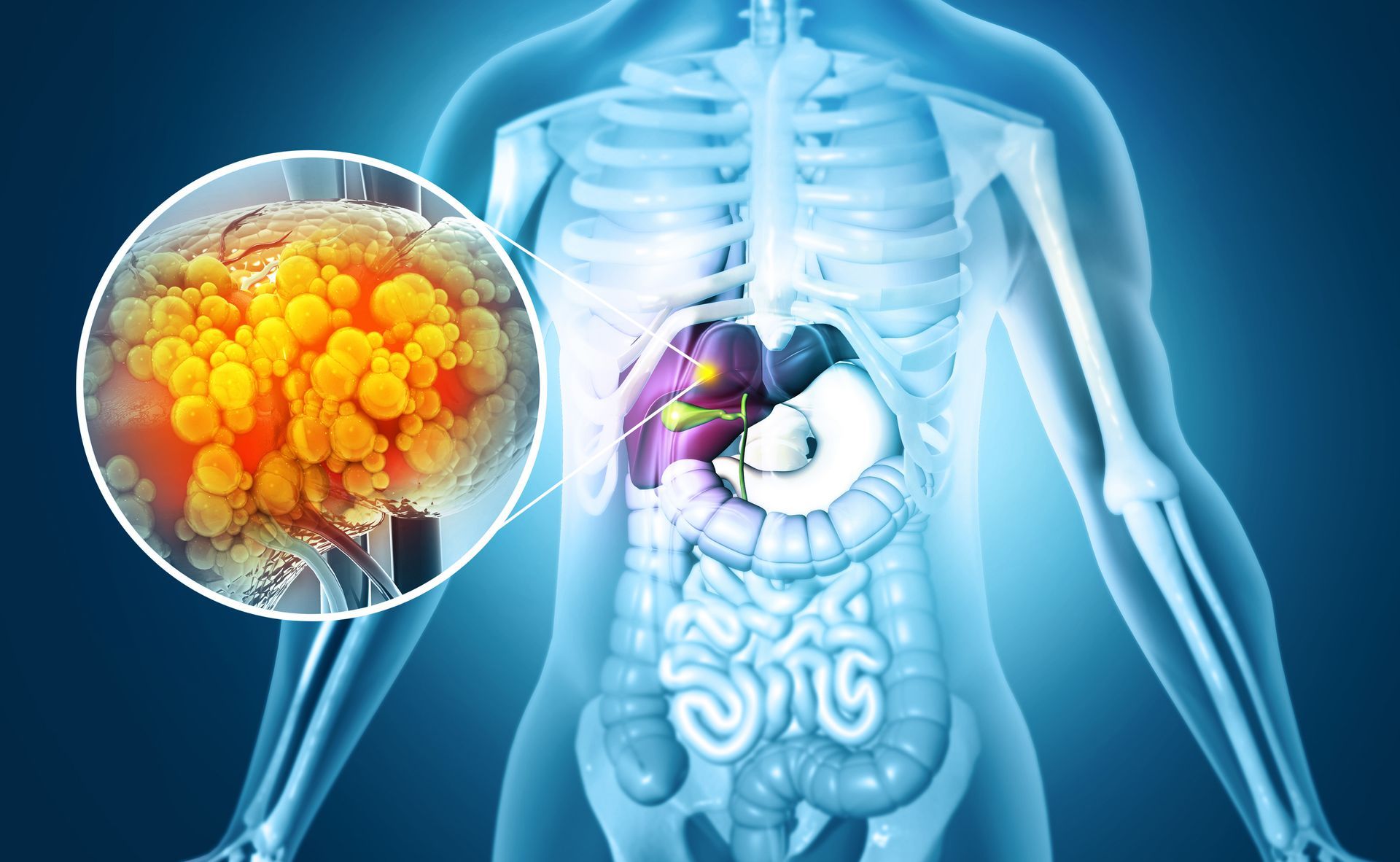Panama City, Florida Gastroenterologists: Understanding the Best Diet for Diverticulitis
Diverticulitis is a disease that affects the digestive tract, mainly the large intestines. Diverticula, small pouches that form and bulge out of the digestive tract, sometimes become inflamed and causing Diverticulitis. While some extreme cases require surgery, most cases can be treated with medication and a modified diet.
Can I Eat Foods to Prevent Diverticulitis?
Eating foods high in fiber can help lower the strain on your GI tract by minimizing constipation. Since constipation is the main cause of diverticula, minimizing its occurrences goes a long way in maximizing your chances of preventing diverticulitis. You can increase your chances of preventing diverticulitis buy eating foods such as:
- Fruits
- Vegetables
- Whole Grains
- Legumes
- Yogurt
What Foods Should I Eat if I Have Diverticulitis?
If your doctor diagnoses you with diverticulitis, antibiotics and a modified diet will likely be part of the treatment. To reduce inflammation of the diverticula, a low fiber diet can help reduce the activity in your GI tract to allow the inflammation to settle. The diet begins with a day or two of clear liquids like:
- Water
- Clear, pulp-free fruit juice
- Clear broth
- Jell-o
- Popsicles
After a few days on the liquid diet, you will be able to incorporate some soft foods such as:
- Milk
- Yogurt
- Low Fiber Cereal
- Eggs
- Fish
- Poultry
- Fruits and Vegetables (without skin or seeds)
Once the inflammation has subsided you can return to your high fiber diet to help avoid future flare-ups.
What Foods Should I Avoid if I Have Diverticulitis?
There are several foods that can irritate diverticulitis symptoms and increase the likelihood of flare-ups. It used to be believed that foods like nuts, corn, and popcorn should be avoided, as they could get lodged in the diverticula. Most doctors now believe this is not true and these foods are safe to eat. Foods you should still avoid are:
- Red Meats
- Foods High in Sugar
- Fried Foods
- Processed Meats
- Full-Fat Dairy Products
Once you develop diverticulitis, the only way to completely recover is with surgery, though it is generally only done with extreme cases. By following a modified diet and improving your overall lifestyle of health and fitness, living with diverticulitis can be accomplished comfortably. Our team of specialists can help with your diagnosis and ongoing treatment of diverticulitis. Contact us to make an appointment.
CONTACT
850-763-5409
ADDRESSES
4 LOCATIONS
204 E 19th Street, B, Panama City
12216 Panama City Beach Pkwy, D, Panama City Beach
4295 3rd Ave, Marianna
101 Good Morning St., 109B, Port St. Joe
Subscribe to our newsletter:
subscribe to our newsletter
We will get back to you as soon as possible.
Please try again later.



